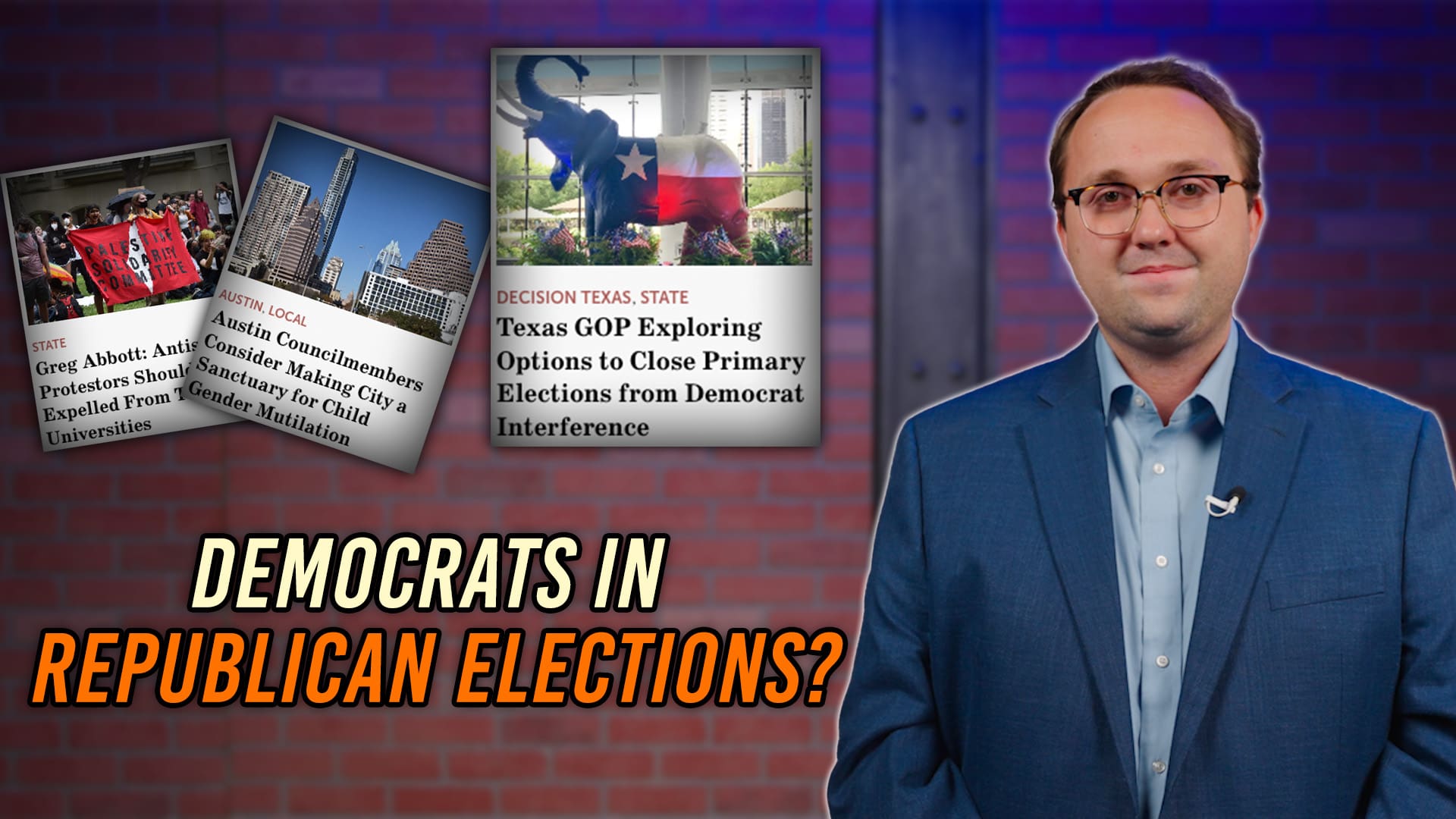Too many cars, not enough concrete. That’s the problem on Collin County roadways, says county resident and road bond proponent Mark Reid.
According to Reid and county officials, the solution to accommodate the county’s growth and ease traffic congestion starts with passage of $750 million in transportation bonds this November.
Reid, a former county commissioner who is now vice chair of the county’s bond program, is also part of the pro-bond Collin County on the Move PAC.
Reid said in a presentation hosted by the Frisco Tea Party last week that Collin County is one of the fastest growing counties in Texas, adding 60 new residents a day for the past 10 years. By 2030 the county will have grown from 970,000 to 1.5 million residents. The number of vehicle miles traveled on county roads is projected to balloon as well, with corresponding increases in commute times and traffic delays.
Reid said in the near term, the county needs about $2 billion in freeways and $4.7 billion in overall roadway and transportation spending. Long-term roadway needs through 2045 are projected to cost $12.6 billion.
“If we don’t get these roads built, it’s going to stifle growth in Collin County,” said Reid.
Collin County Commissioners Court has approved three separate road bond propositions that will be on the November 6 ballot:
- Proposition A proposes $600 million for non-tolled high-speed freeways to ease traffic congestion.
- Proposition B provides $140 million for expanding and repairing existing thoroughfares.
- Proposition C designates $10 million for parks and open spaces.
Reid acknowledged residents’ concerns about the impact on property taxes of borrowing $750 million over the next five years, the projected span of this bond program.
“We’re asking you to let us borrow money, and we pay it back with property taxes,” Reid said. “But it will not increase the county’s debt service tax rate.”
Collin County has adopted the effective tax rate this year, as it has for seven of the past 10 years. The effective rate is calculated to collect the same amount of tax revenue from the same properties taxed the previous year, adjusting downward as property values rise. Any rate higher than the effective rate is a tax increase.
Asked if the county has estimated the bonds’ total cost to taxpayers including interest, Reid said that information was not yet available. As of 2017, county taxpayers owed $448 million in outstanding debt principle and interest, according to the Texas Bond Review Board.
Collin County voters will have to weigh all the costs and benefits of each bond proposition before heading to the polls in November.
Any organizations interested in hosting a county road bond presentation can contact collincountyroads.com to request a speaker.





